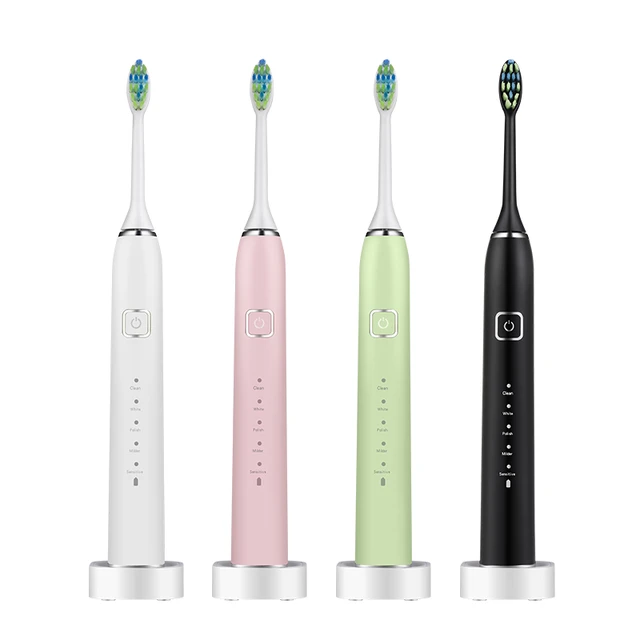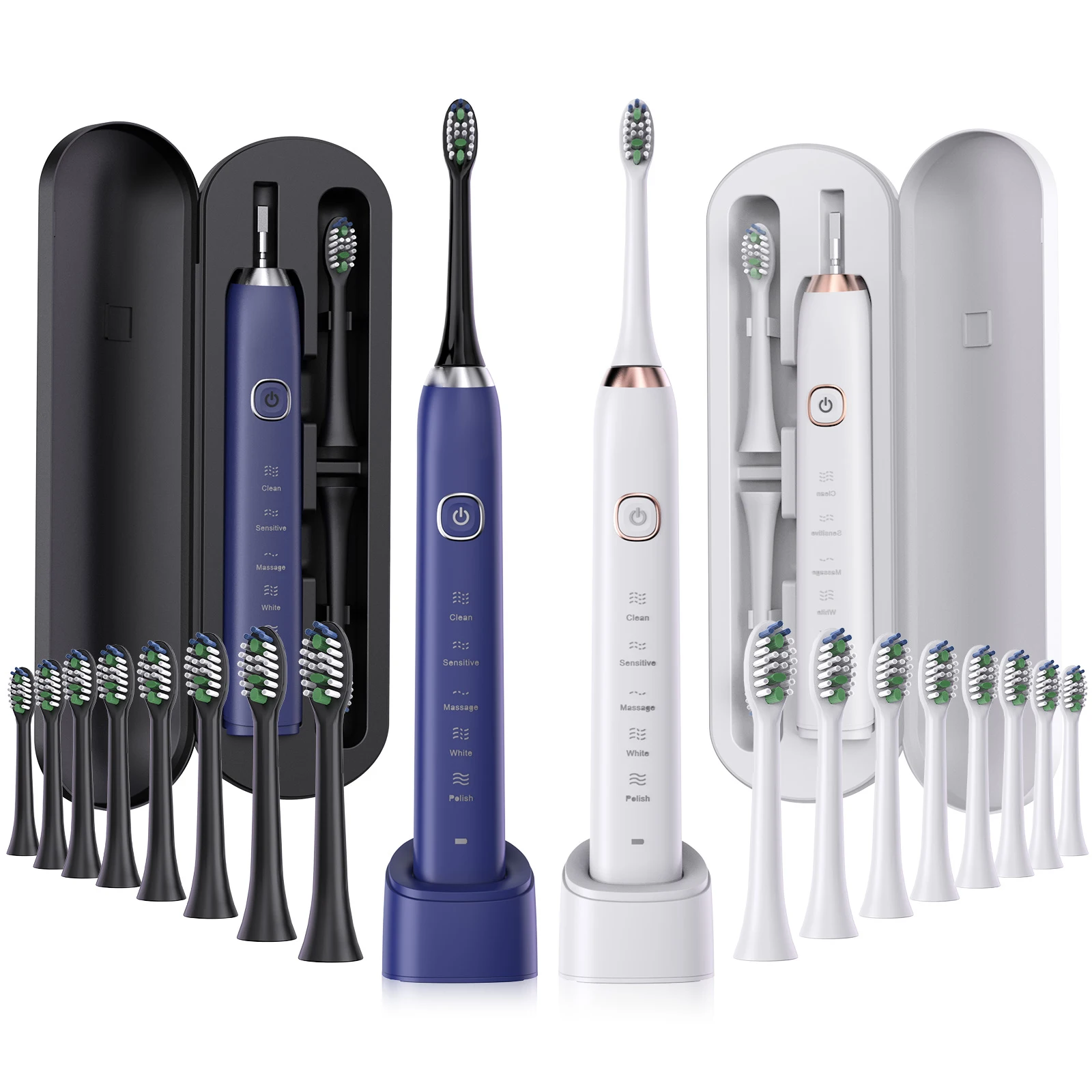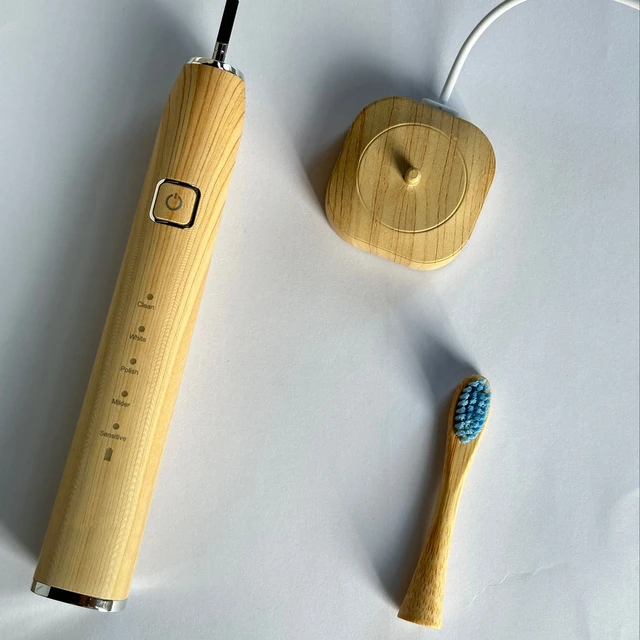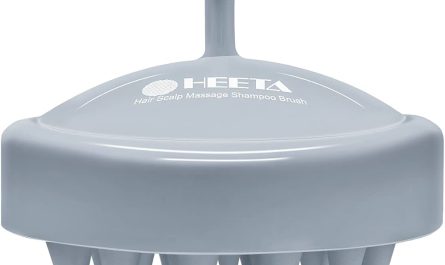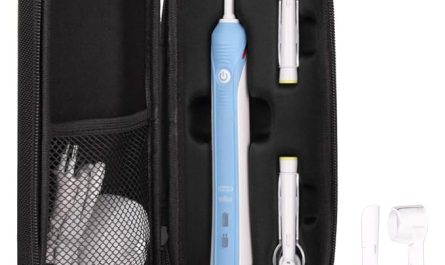Curious about what powers your electric toothbrush and if it is equipped with a lithium battery? Understanding the type of battery used in your electric toothbrush can have implications for its performance, charging habits, and overall lifespan. Whether you’re a meticulous brusher or someone looking into the efficiency of your dental hygiene gadgets, knowing more about the battery can enhance your user experience. So, does an electric toothbrush have a lithium battery? Let’s explore the specifics and advantages of lithium batteries in electric toothbrushes.
Common Battery Types in Electric Toothbrushes
Different types of batteries can be found in electric toothbrushes, each with unique attributes.
Nickel-Cadmium (NiCd) Batteries
Nickel-Cadmium batteries were commonly used in earlier models of electric toothbrushes. These batteries are known for their robustness and ability to deliver high discharge rates. However, NiCd batteries suffer from the “memory effect,” which means they need to be fully discharged before recharging to maintain capacity. They also have relatively low energy densities compared to modern alternatives.
Nickel-Metal Hydride (NiMH) Batteries
Nickel-Metal Hydride batteries replaced NiCd batteries in many electric toothbrushes. They offer higher energy densities and are less affected by the memory effect, making them a more convenient option. However, NiMH batteries still fall short of the energy density and longer lifespan provided by lithium batteries, which have become increasingly popular in recent years.
The Rise of Lithium Batteries
Lithium batteries, particularly lithium-ion (Li-ion) and lithium-polymer (LiPo), have become the standard for many modern electric toothbrushes.
Lithium-Ion Batteries
Lithium-Ion batteries are now widely used in electric toothbrushes due to their high energy density, longer lifespan, and efficient charging capabilities. These batteries can store more energy in a smaller form factor, allowing for more compact and lightweight toothbrush designs. They also offer the advantage of holding a charge for extended periods, reducing the need for frequent recharging.
Lithium-Polymer Batteries
Lithium-Polymer batteries are a variation of lithium-ion technology, featuring a flexible, polymer-based electrolyte. They are used in high-end electric toothbrush models due to their ability to be molded into various shapes, offering manufacturers greater design flexibility. LiPo batteries provide the same benefits as Li-ion batteries, including high energy density and long battery life.
Advantages of Lithium Batteries in Electric Toothbrushes
Using lithium batteries in electric toothbrushes offers multiple benefits for users.
Longer Battery Life
One of the biggest advantages of lithium batteries is their longer life span. Unlike NiCd or NiMH batteries, lithium batteries can handle more charge-discharge cycles without significant degradation, allowing your electric toothbrush to function optimally for a longer period. This long-lasting performance means less frequent battery replacement and enhanced overall convenience.
Faster Charging
Lithium batteries charge more quickly compared to older battery technologies. This means you can spend less time waiting for your toothbrush to recharge and more time using it. Many electric toothbrush models with lithium batteries can achieve a full charge in just a few hours or even less, making them highly convenient for daily use.
Consistent Power Delivery
Lithium batteries offer consistent power delivery throughout their discharge cycle. This ensures that your electric toothbrush maintains a steady performance, providing uniform cleaning power from the start of the cycle to the end. Other battery types, such as NiCd, may experience a drop in power as they deplete, leading to inconsistent brushing performance.
Environmental Impact and Sustainability
Considering the environmental impact of battery technology is essential when choosing an electric toothbrush.
Recycling and Disposal
Lithium batteries are recyclable, and many regions have specific programs to collect and recycle them. Proper disposal is crucial to prevent environmental contamination. Consumers should look for recycle centers or return programs offered by manufacturers to ensure their used lithium batteries are disposed of responsibly.
Energy Efficiency
Lithium batteries are more energy-efficient compared to older battery types. They have a higher energy density, meaning they can store more energy for each unit of weight, making them a more eco-friendly choice. This efficiency translates to less frequent charging and longer usage times, ultimately conserving energy and reducing your carbon footprint.
Care and Maintenance of Lithium Battery-Powered Toothbrushes
To get the most out of your lithium battery-powered electric toothbrush, proper care and maintenance are key.
Charging Best Practices
Avoid overcharging your electric toothbrush, as this can shorten the battery’s lifespan. Most modern toothbrushes with lithium batteries come with smart charging systems that prevent overcharging, but it’s still a good practice to unplug the charger once the battery is fully charged. Additionally, try to keep your toothbrush’s charge between 20% and 80% to maximize battery longevity.
Storage Guidelines
If you won’t be using your electric toothbrush for an extended period, store it with a partial charge (around 50%). Storing a lithium battery at full charge or completely discharged can degrade its performance over time. Keep the toothbrush in a cool, dry place, as extreme temperatures can negatively affect the battery’s health.
Comparing Brands and Models
Different brands and models of electric toothbrushes may feature various types of lithium batteries.
Philips Sonicare
Philips Sonicare is known for incorporating high-quality lithium-ion batteries in many of their electric toothbrush models. These batteries provide long-lasting power and quick charging times. The consistency and reliability of Philips Sonicare toothbrushes make them a popular choice for many users.
Oral-B
Oral-B offers electric toothbrush models equipped with lithium-ion batteries, ensuring long-lasting performance and rapid charging. One of the unique features of some Oral-B models is their ability to provide real-time feedback on brushing habits, supported by the reliable power of lithium batteries.
Waterpik
Waterpik, although widely known for their water flossers, also offers electric toothbrushes powered by lithium batteries. Their models often combine brushing and water flossing features, powered by efficient lithium battery technology to deliver a comprehensive oral care solution.
Cost Implications
The type of battery in an electric toothbrush can influence its cost and overall value.
Initial Cost
Electric toothbrushes with lithium batteries tend to have a higher initial cost compared to those with NiCd or NiMH batteries. However, the benefits of longer battery life, faster charging, and consistent power delivery often justify the price difference, offering better long-term value.
Long-Term Savings
Investing in a lithium battery-powered electric toothbrush can lead to long-term savings. The extended lifespan of lithium batteries means less frequent replacement costs. Additionally, the efficient performance and energy savings over time can offset the higher initial investment, making it a cost-effective choice in the long run.
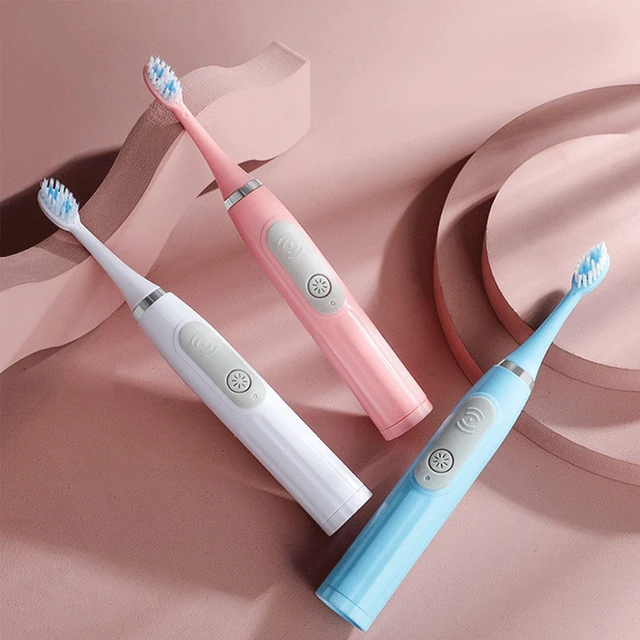 User Experience and Satisfaction
User Experience and Satisfaction
Consumers’ experiences with lithium battery-powered electric toothbrushes are generally positive due to the benefits these batteries offer.
User Reviews
Many users appreciate the long battery life and quick charging times provided by lithium batteries. Positive reviews often highlight the convenience of not needing to recharge frequently and the consistent performance throughout each brushing session. These attributes contribute to high user satisfaction and repeat purchases.
Expert Opinions
Dental professionals often recommend electric toothbrushes with lithium batteries for their reliability and performance. The consistent power delivery ensures effective cleaning, which is crucial for maintaining good oral hygiene. Experts also favor these models for their advanced features, such as smart connectivity and customizable brushing modes, supported by robust battery technology.
Alternatives and Future Trends
While lithium batteries are currently the standard, alternative technologies and future trends are worth exploring.
Emerging Battery Technologies
Research is ongoing into alternative battery technologies, such as solid-state batteries, which promise even higher energy densities and improved safety. These emerging technologies may eventually find their way into electric toothbrushes, offering even better performance and user experience.
Renewable Energy Integration
The integration of renewable energy sources into battery charging systems is a promising trend. Future electric toothbrush models might feature solar-powered chargers or other renewable energy solutions, further enhancing their sustainability and reducing their environmental impact.
Conclusion: The Superiority of Lithium Batteries
Lithium batteries have become the preferred choice for electric toothbrushes due to their numerous benefits, including longer battery life, faster charging, and consistent power delivery. Their environmental advantages and cost-effectiveness add to their appeal, making them an ideal solution for modern dental hygiene devices. Whether you choose a model from Philips Sonicare, Oral-B, or another leading brand, opting for an electric toothbrush with a lithium battery ensures a superior brushing experience.
Final Thoughts
Understanding the question “does an electric toothbrush have a lithium battery,” helps you make an informed purchasing decision. Lithium batteries provide significant advantages over older battery types, and their adoption in electric toothbrushes marks a step forward in dental care innovation. Pay attention to care and maintenance tips to maximize the lifespan and performance of your lithium battery-powered toothbrush. With the right choice, you can enjoy efficient, effective, and eco-friendly oral hygiene for years to come.

